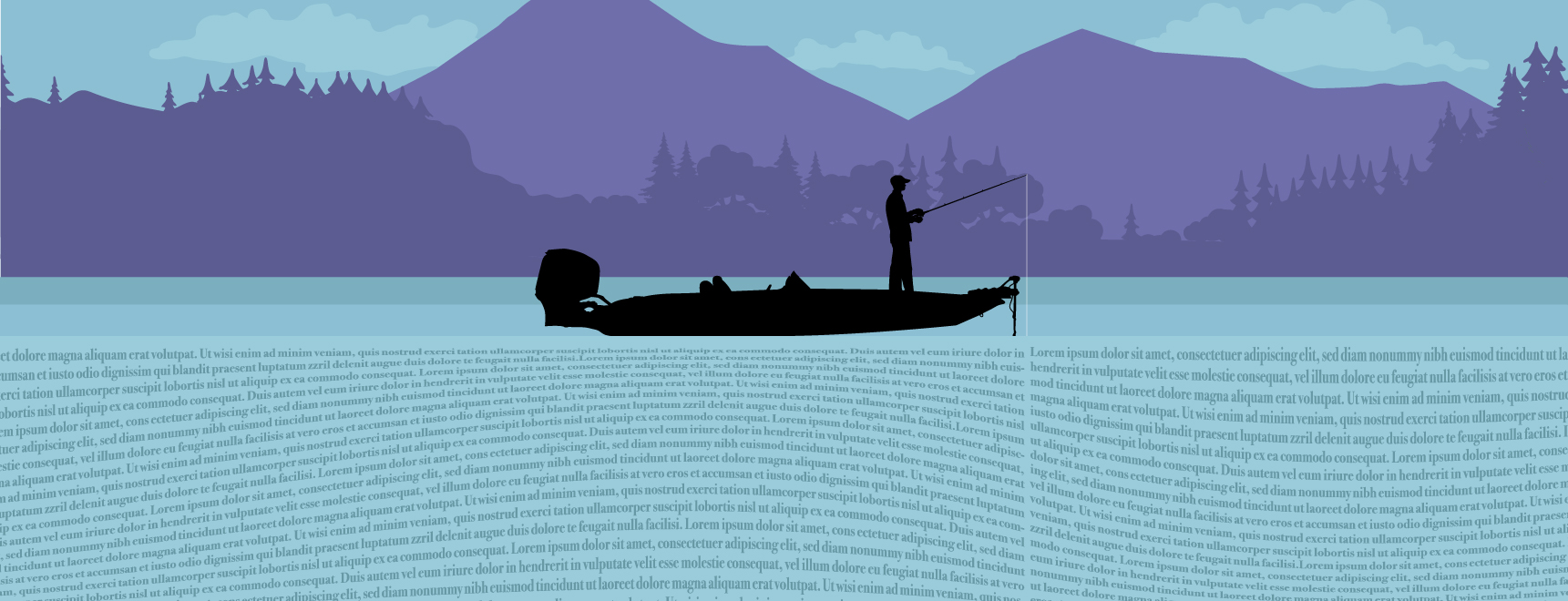Why is it that fishermen seem surprised when they get a bite? If they’re anything like me, they’ve spent hours planning. Careful consideration has been put into rod, reel, and line selection. Lures have been strategically arranged in a complex system of tackle boxes. They’ve checked the local forecast, twice. Every decision made has been in the service of getting a bite.
Similarly, writers painstakingly ideate to craft that perfect story. Whether it’s breaking news or an introspective essay, they’ll wrack their brains to compose an intriguing introduction. Inspiration strikes at the most inconvenient time, so a pen and note pad are always kept on person. In the shower, they’ll jot down an unexpected twist — something that’s going to keep the reader engaged. With the deadline seemingly nowhere in sight, the lines start to flow like wine.
Learning to Fish
Writers can learn a lot from fishermen. Even after all that planning, fishermen don’t quit after the first cast doesn’t result in a bite. Or the second. Or the third. They don’t throw their rod down and head home, complaining that the fish aren’t biting. (That happens much later.) Fishermen constantly adapt. They might slow their retrieve, for example. If that doesn’t work, they’ll change location or try a new lure.
When writers finally carve out the time to type that work of genius — perhaps in a quiet library, or a cozy coffee shop — inspiration often fades. The author will write sentences according to his or her notes, but nothing flows. They can’t find the proper phrasing. This isn’t the time to quit. It’s time to go fishing for words. Read those sentences out loud and edit. Writers that read out loud make little changes that result in big differences. The objective is to develop a story in one’s own distinct voice. If the cadence is slightly off, all that’s needed may be a comma. Sometimes, though, entire paragraphs need to be rearranged. It’s the fishing equivalent of moving to a new location. Importantly, revisions must be made until the outcome is satisfactory. The question that remains is, satisfactory for who?
An Audience of One
There’s another lesson that writers can take from fishermen, and that’s the examination of who the author is writing for. While the commercial or tournament variety may fish to cash a check, the casual fisherman fishes for oneself. For people that don’t fish, that can be a difficult concept to grasp. There’s something ethereal about being on the water, searching for the next bite. Writers, also, should write for themselves. As William Zinsser suggests so eloquently in One Writing Well, “relax and say what you want to say.” (Zinsser, 2006, pg. 25) To write for anybody else would be insincere and inauthentic. Still, after making so many changes it somehow seems remarkable that the final piece came together at all. Finishing any written piece, a writer gets to experience the same feeling a fishermen gets when the fish finally bites.

No Comments.